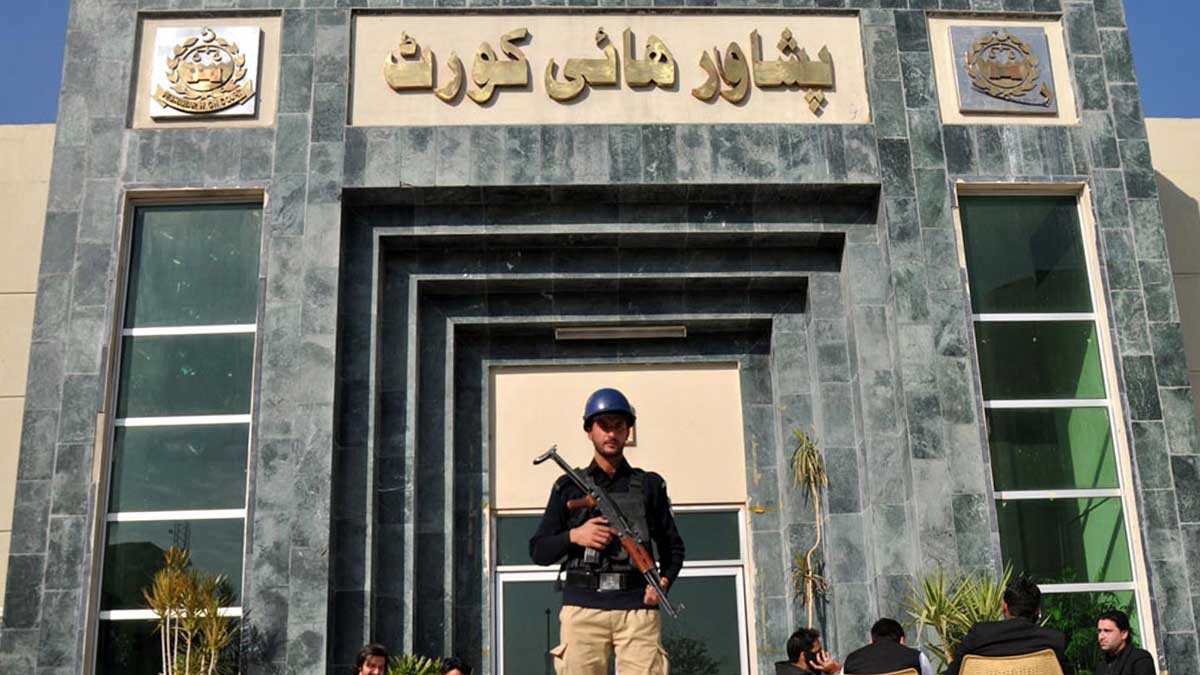The Peshawar High Court (PHC) has launched a five-year policy for the speedy clearance of cases to clear the backlog of around 230,880 cases.
On Monday, PHC launched a five-year policy to clear backlog of cases by end of 2025. According to high court registrar Khawaja Wajihuddin, around 230,880 cases are pending with district courts across the province.
He told the media that the District Judiciary Performance Monitoring and Evaluation Policy, 2020-25, was articulated in order to reduce the backlog of cases every year and its removal by the end of fifth year.
Read more: Special Courts for Overseas Pakistanis to be established in Punjab
“One of this policy’s objectives is 100 percent disposal against the fresh institution of cases,” he said.
Moreover, the registrar then mentioned the shortage of judges and Covid-19 pandemic as major reasons for the growth in the number of pending cases and demanded the provincial government to resolve the issue of the judges’ shortage.
The registrar further said currently, the district judiciary was facing shortage of posts of 83 civil judges- cum-judicial magistrates and 24 additional district and sessions judges. He also said under the policy, the districts were divided into three zones in accordance with the number of cases pending with the district and additional district and sessions judges.
Mr Wajihuddin said Zone A had 7 ‘high workload’ districts with above 3,000 pending cases each and they included Peshawar, Nowshera, Mardan, Charssada, Dera Ismail Khan, Swabi and Abbottabad.
He said under the policy, besides 100 percent removal of cases against fresh institutions, 20 percent of the pending cases would be disposed of annually.
The registrar said Zone B included the ‘moderate pendency’ districts with more than 1,000 pending cases each. Zone B has Swat, Haripur, Kohat, Mansehra, Bannu, Karak, Lakki Marwat, and Upper and Lower Dir districts and Zone C Buner, Lower and Upper Chitral, Malakand, Tank, Khyber, Hangu, Shangla, Kurram, Battagram, Bajaur, Mohmand, North and South Waziristran, Upper and Lower Kohistan, Orakzai, Kolai-Pallas and Torghar.
Meanwhile, Zone C had ‘low pendency’ districts having less than 1,000 pending cases each.





















